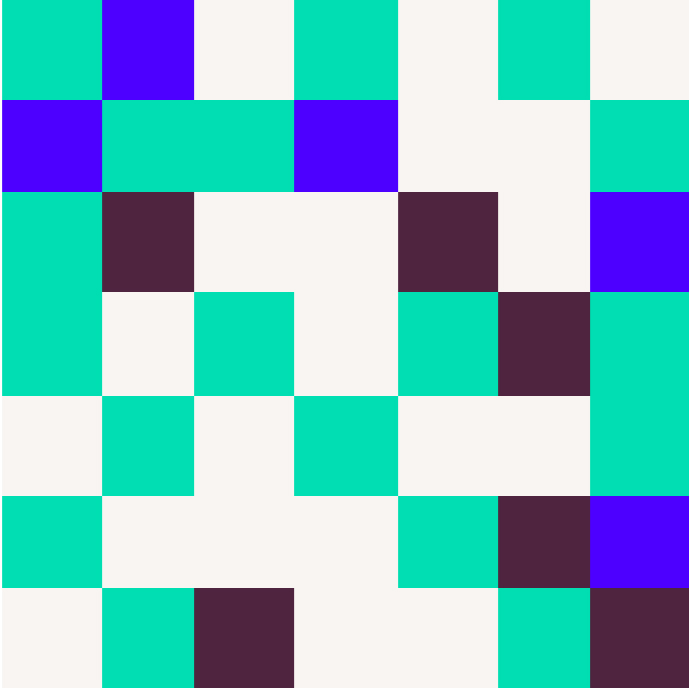Sudan's West Darfur state governor, Khamis Abdullah Abakar, was killed last Wednesday. Earlier that day, in a television interview, he accused the paramilitary Rapid Support Forces (RSF) of killing civilians. Pointer, along with an international group of OSINT investigators, analyzed Abakar's final hours and was able to pinpoint the exact location and times surrounding the killing.
The Darfur region in western Sudan has been terrorized for 20 years by the Janjaweed, an Arab militia that has been burning down non-Arab villages and raping, murdering and driving out residents since 2003. The Rapid Support Forces (RSF) that have been in fierce combat with the Sudan Armed Forces (SAF) since the outbreak of the recent war in Sudan in April has its origins in the Janjaweed militias. One such ethnic group targeted by the attacks is the Masalit community, to which Governor Abakar also belongs. In 2003, a genocide took place in the Darfur region in which the Masalit tribe was also a victim. Now the group is again the target of systematic violence, and with Abakar's murder, fears of a new ethnic civil war are growing.
Reconstruction
It is Wednesday, June 14, 11:13 a.m. local Sudanese time. The newsreader of the Saudi Arabian news channel Al-Hadath introduces the governor of West Darfur, Khamis Abdullah Abakar, who is on the air via telephone link. While broken buildings are shown on screen, the governor's voice sounds serious. Abakar recounts recent events in Geneina, the capital of West Darfur: "Civilians are being killed indiscriminately and in large numbers." Abakar even speaks of "genocide, on all tribes, not just the Masalit." During the interview, the governor calls for international intervention. "People are being attacked daily based on their ethnicity," he said. Abakar has no doubts about the culprits: The RSF and sympathetic militias. The interview with the governor lasts about ten minutes. It would be his last statement in public.
ولاية غرب دارفور #الجنينة
— Bilal Adam🇸🇩 (@BilalAdam_) June 14, 2023
قلنا من بدري سقوط #جنينة يعني حتمية إنهيار الدولة السودانية ربنا يلطف الحال ويحفظك الاهل في جنينة والمناطق المحيطة، السيناريو الجاي اسو بكثير #الجنينة_تنزف #مليشا_الدعم_السريع_تستبيح_جنينة
إلقاء القبض على والي الولاية #خميس_ابكر pic.twitter.com/JYzxSs8kuH
In the afternoon, the governor appears in a video on Twitter. He wears a bulletproof vest and a blue helmet. He is taken out of a car by people dressed in army clothes and escorted to a building. Just before the governor has stepped over the threshold of the building, a chair is thrown at him. The man leading Abakar inside is a general of the Rapid Support Forces. We were able to identify him as General Abdul Rahman Juma. Juma announced his presence in Geneina in a Facebook message from the RSF, dated April 28, 2023.

Then a second video appears on Twitter, taken at the same location as the first, in which more militants are visible. RSF militants are recognizable by their light, sand-colored uniforms. Rapid Support Forces patches are visible on some soldiers. Standing in the doorway of the building where moments before the governor was led inside is once again RSF General Abdul Rahman Juma.
تسريب فيديو آخر لحظة اعتقال والي غرب
— 𝕐𝕒𝕤𝕚𝕣 𝕄𝕠𝕤𝕥𝕒𝕗𝕒 (@YASIR_MOS91) June 14, 2023
دارفور والجيهة النفذت الاعتقال مليشيا
الدعم السريع #الجنجويد_مليشيات_ارهابية
لا مكان لدغمسة الحقائق pic.twitter.com/DCHkzt6pjo
At 32 seconds into the video, there are shouts (offscreen), "Allah akbar, he has been killed." Moments later, someone else shouts, "Open the door, we want to see the man." The shouting is drowned out with the sound of cheering and clapping RSF militants who have gathered at the door. Moments later, the bloodied and lifeless body of, presumably, the governor appears on social media.
International research group
To find out where this incident took place and in what time frame, Pointer is working with Sudanese investigators and other OSINT researchers from different places around the world, who have joined together in a provisional online task force over the past two months. The research group reconstructed Governor Khamis Abakar's final hours based on video footage.
To identify the exact location, we use the environment visible in the two social media videos. The second video in particular shows much of the environment. We study Google satellite images to compare the surroundings with the background in the video and manage to figure out the exact location of the murder: a complex in western Geneina, the capital of West Darfur. The complex is less than 500 meters as the crow flies from the former UNAMID (African Union-United Nations joint peacekeeping operation) camp, which formerly served as a base for the mission's operations in West Darfur.

To find out at what time this incident occurred, we analyze the length of a tree's shadow in the video using the Shadow Calculator and SunCalc tools. With these tools, from the combination of the length of the shadows and the date, we can determine the position of the sun and thus the time of day. The first video, which shows the governor being escorted to the building, appears to have been presumably shot at 4:30 in the afternoon.
We then also analyze the second video, with RSF militants welcoming the news of the governor’s death cheering “Allah akbar”. That analysis shows that that video was recorded half an hour later. This means that the governor of West Darfur, Khamis Abdullah Abakar, was captured within five hours after his televised appearance and killed within half an hour.
Comments
The day after Governor Abakar's assassination, the RSF comes out with a statement condemning Abakar's death. The paramilitary group points the finger at "outlaws" who they claim are behind the murder. "Despite our efforts to protect the governor, the outlaws launched a large-scale attack that escalated into clashes with our forces, resulting in his abduction and the tragic murder."
The Office of the High Commissioner for Human Rights also responded to the brutal murder, "All those responsible for this murder must be held accountable, including those in command. Besides the accountability of the direct perpetrator, Governor Abakar was in the custody of the RSF (as seen in the video, ed.), and it was the RSF's responsibility to keep him safe."
This investigation was done in collaboration with OSINT researchers who collectively conduct research into the Sudan conflict. Pointer monitors developments in Sudan together with this research group. Additional thanks to Faisal, Mustafa, Alex, 'Toowavvy7’ and 'War_mapper’.




